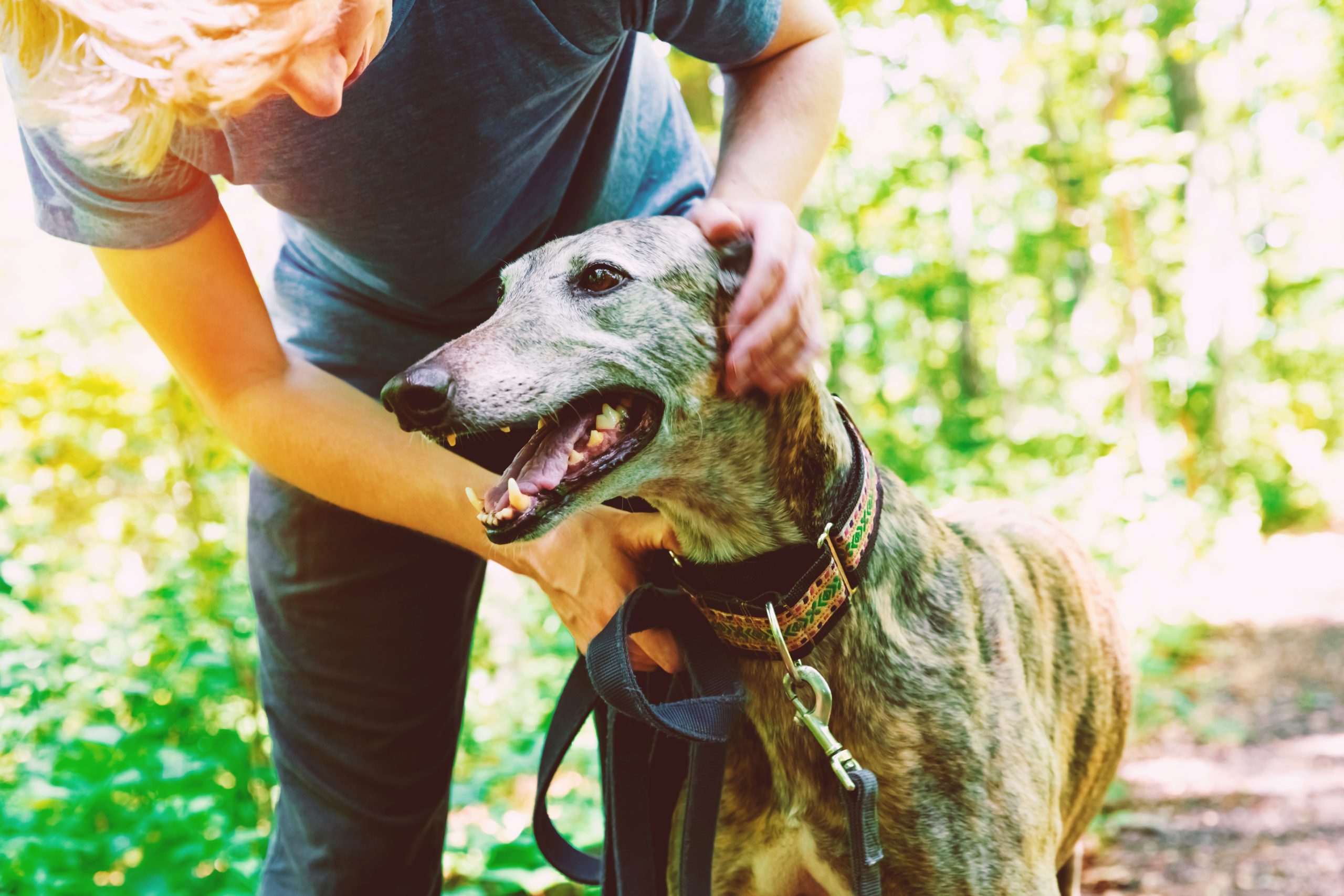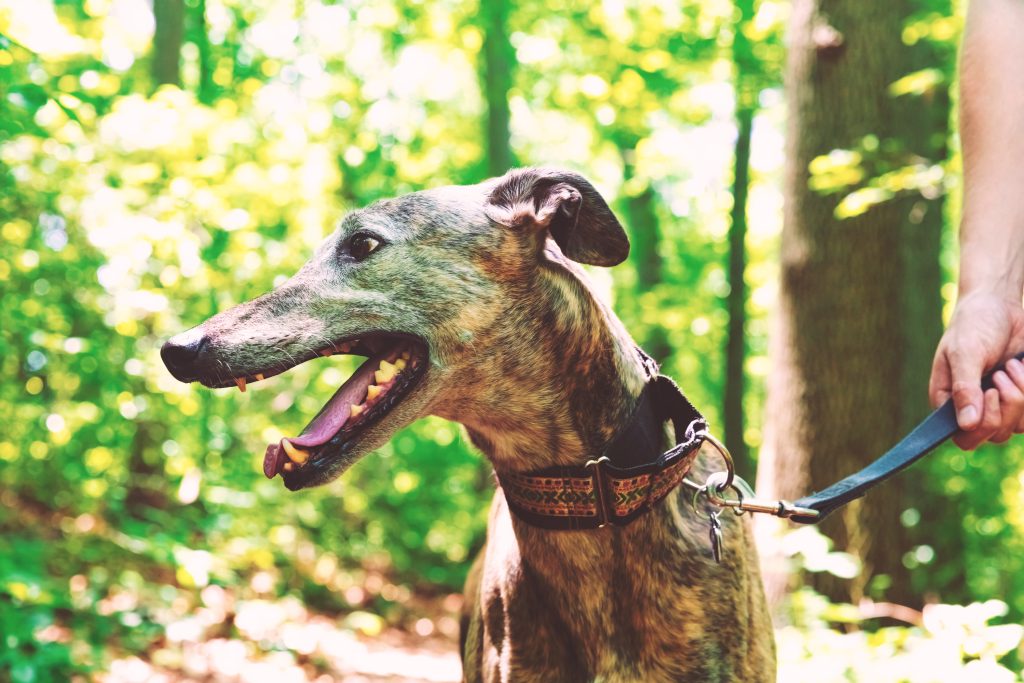Are you ready to train your puppy in just 7 days or less? If so, then this blog post is for you! Training a new pup can be overwhelming and time-consuming, but with the right approach, it doesn’t have to be. In this article, we will cover everything from establishing a routine to teaching basic commands and problem solving common behavior issues. Let’s get started!
Introduction to Puppy Training
When training your puppy, consistency and patience are key. You need to set realistic goals and stick to them while also being patient enough to let your pup learn at their own pace. Remember that every dog is different, so what works for one may not work for another. It’s essential to remain calm and positive throughout the entire process.
The Importance of Consistency and Patience
One of the most important things when training your puppy is to be consistent. This means using the same words and actions when giving commands and enforcing rules. Your pup needs to understand what you expect from them, and consistency helps achieve that. Additionally, patience is crucial because rushing your pup or getting frustrated will only make matters worse. Take your time and celebrate small victories along the way.

Establishing a Routine for Your Puppy
A well-established routine is critical for a well-behaved pup. Set up a schedule for feeding times, walks, playtime, and bedtime. Stick to the routine as much as possible, and your pup will quickly adapt to it. A regular routine helps prevent accidents, excessive barking, and other unwanted behaviors.
Teaching Basic Commands (Sit, Stay, Come)
Teaching your pup basic commands such as sit, stay, and come is an excellent way to build a strong foundation for future training. Start by practicing these commands in a quiet area where there are fewer distractions. Use treats or toys to reward your pup when they obey your command. With repetition and praise, your pup will soon master these fundamental commands.
Housebreaking 101: Potty Training Tips
Potty training is perhaps the most significant challenge faced by new pet parents. To start, confine your pup to a small space like a crate or pen when you’re not around to supervise them. Whenever they show signs of needing to go potty, take them outside immediately. Reward them when they do their business outdoors, and avoid scolding them if they have an accident inside. With persistence and patience, your pup will eventually catch on.
Socialization and Exposure to New Experiences
Socializing your pup early on is vital to ensure they grow up to be well-adjusted dogs. Expose them to various people, places, sounds, and experiences while keeping them safe from harm. Take them on walks around the neighborhood, invite friends over to meet them, and introduce them to new environments gradually. The more socialized your pup is, the better equipped they will be to handle unfamiliar situations later in life.
Problem Solving Common Behavior Issues
No matter how well trained your pup is, they will still exhibit some undesirable behaviors occasionally. Chewing, jumping, and barking are among the most typical problems encountered by pet parents. Instead of punishing your pup for these behaviors, focus on redirecting them towards more appropriate ones. For example, give them a chew toy instead of your shoes, teach them to jump up onto a designated platform rather than your lap, and provide them with plenty of exercise to reduce excess energy.

In closing, training your puppy takes time, effort, and dedication, but it’s worth it in the long run. By following these tips and remaining consistent, patient, and positive, you can train your pup to be a well-mannered member of your family in no time. Good luck!

